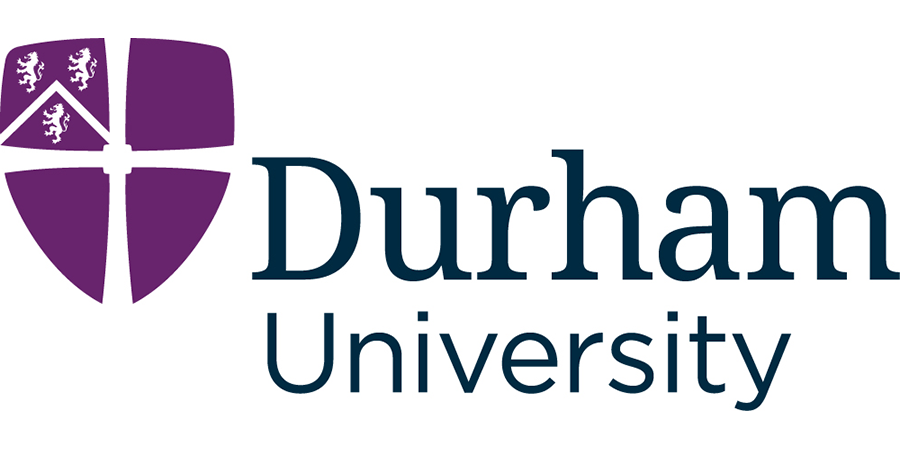PhD Studentship: Experiences and body image outcomes of a mentoring programme for young adults with upper limb differences
Durham University
| Qualification Type: | PhD |
|---|---|
| Location: | Durham |
| Funding for: | UK Students |
| Funding amount: | The funding covers a tax-free stipend at the UKRI rate (£20,780 for 25/26) and the full tuition fees at the home rate, as well as relevant project costs. |
| Hours: | Full Time |
| Placed On: | 28th April 2025 |
|---|---|
| Closes: | 26th May 2025 |
About the project
This research is a collaborative project working with individuals with an upper limb difference (ULD) – i.e. with some visible or functional difference in one or both of their hands or arms. This project will focus on the under-researched area of the challenges experienced by young people with ULD as they transition into adulthood.
The long-term psychological outcomes of individuals with ULD are relatively unknown. Some research suggests that individuals with ULD demonstrate increased determination and appreciation of being unique but may also experience social challenges related to their visible difference. There is evidence from young people with other physical differences mentoring can enhance wellbeing and support individuals in being confident to address these challenges. Similarly, peer-led workshops challenging appearance culture can enhance body image in teenagers and students.
The current project partners with the charity Reach to track young adults with ULD as they take part in a residential camp and longer-term mentoring programme created by and for those with an ULD. One strand of the PhD will provide feedback to Reach on the quantitative and qualitative evidence for the effects of the programme. Alongside this, the student will develop and pursue other research questions relating to how young adults with ULD conceptualise and experience body image and appearance culture.
Methods will include quantitative questionnaires and interviews with the young adult participants and their mentors. The PhD student will use both quantitative and qualitative analysis techniques across the project, and will gain skills in community engagement, co-production of research, and scientific writing. Applicants should have a background in Psychology or a closely related discipline. Pre-existing insight into ULD or related communities would be an advantage, but is not essential. The research will be supported by supervisors Prof Lynda Boothroyd (an expert in body image in understudied populations) and Prof Dorothy Cowie (an expert in motor development in children with ULD). The student will attend both the appearance-focused and ULD-focused lab meetings and benefit from membership of the Developmental Science Research Group within the Department of Psychology.
Funding Notes
This PhD studentship is for 3.5 years and is available to home students only. The funding covers a tax-free stipend at the UKRI rate (£20,780 for 25/26) and the full tuition fees at the home rate, as well as relevant project costs.
How to apply
If you are interested in applying, you should submit an application through the university’s applications portal, including a CV and personal statement detailing your reasons for applying for the project, your past research experience, and your potential areas of focus within the project, by no later 26th May 2025. Please also email pgrinfo.psy@durham.ac.uk (Departmental PhD administrator) and gemma.cornetti@durham.ac.uk (PA to Professor Boothroyd) to inform them you wish to be considered for the Boothroyd/Reach studentship so your application can be appropriately directed.
Advert information
Type / Role:
Subject Area(s):
Location(s):









